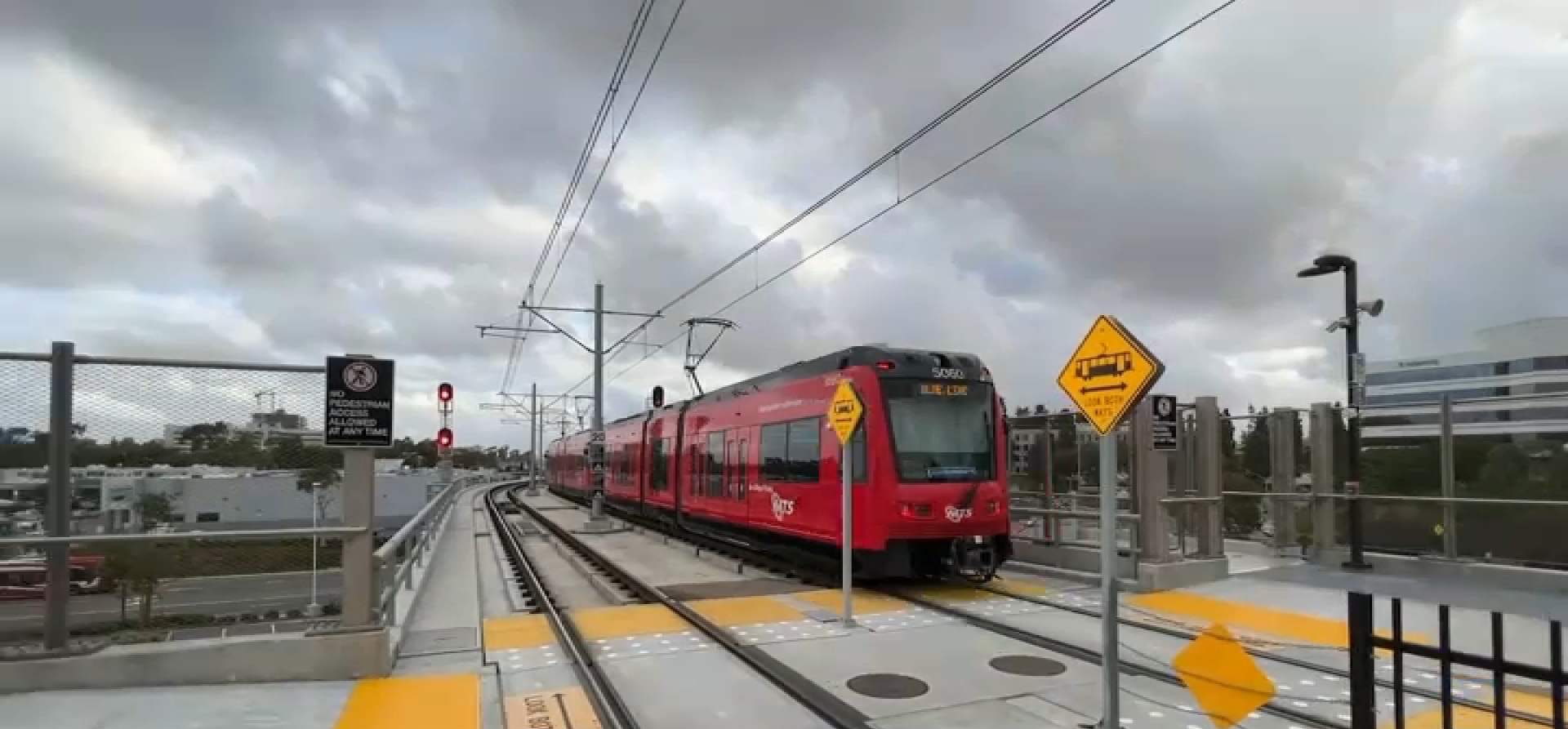The California state constitution bans slavery, except as a punishment for a crime. A November ballot measure seeks to stop the practice of forced labor within state prisons.
Lawmakers in both chambers in Sacramento voted overwhelmingly to get the "End Slavery in California Act" on the ballot, led by District 11 Assemblymember Lori Wilson.
"Forced labor diminishes human dignity, and this is about restoring human dignity and ensuring that our incarcerated persons can choose a path of rehabilitation,” Wilson said.
Wilson said rehabilitative programming, like counseling or classes, can be forced to take a backseat when people are punished should they refuse to work.
Get top local stories in San Diego delivered to you every morning. Sign up for NBC San Diego's News Headlines newsletter.
“It's a value statement for Californians to have that. Remove it, and remove the last the last bit of slavery out of our constitution,” Wilson said.
Joel Abreu is serving a life sentence at Richard J. Donovan Correctional Facility. He said refusing to work could come at a high cost for people who are incarcerated.
“It's terrible, but you just have to do it because you're in this risk-reward system, where you can't afford to get a write-up,” said Abreu, who is the co-founder of nonprofit Redemption Row. “Our sentence is the time we have to do away from our families and to pay restitution. In addition to this time, we shouldn’t be also indentured slaves.”
Local
A write-up, Abreu said, could make it more difficult to be released on parole. The jobs to which many incarcerated individuals are assigned, he added, do not have much value when people reenter society.
“They will be your neighbors. That's the way it is, and we need to focus on rehabilitation, mental health and education,” Abreu said.
Wilson said the ballot measure coming before voters in November should not have a high cost associated with it because the proposal does not require incarcerated workers to be paid minimum wage.
“There will still be work in prisons, but it will be a voluntary work program,” Wilson said.
In a statement, a spokesperson for the California Department of Corrections and Rehabilitation said, "CDCR values the contributions of its incarcerated workers and is committed to its mission to prepare people in its custody for a successful return to their communities. We are still working on our fiscal analysis of the measure. We will be following the results of this issue after the November election."
While Abreu supports the measure, he is wary of how slow change can be within the criminal justice system.
“Once these things are cast, there's very little, if not zero, oversight or accountability for implementation when it comes into the prisons,” Abreu said.



